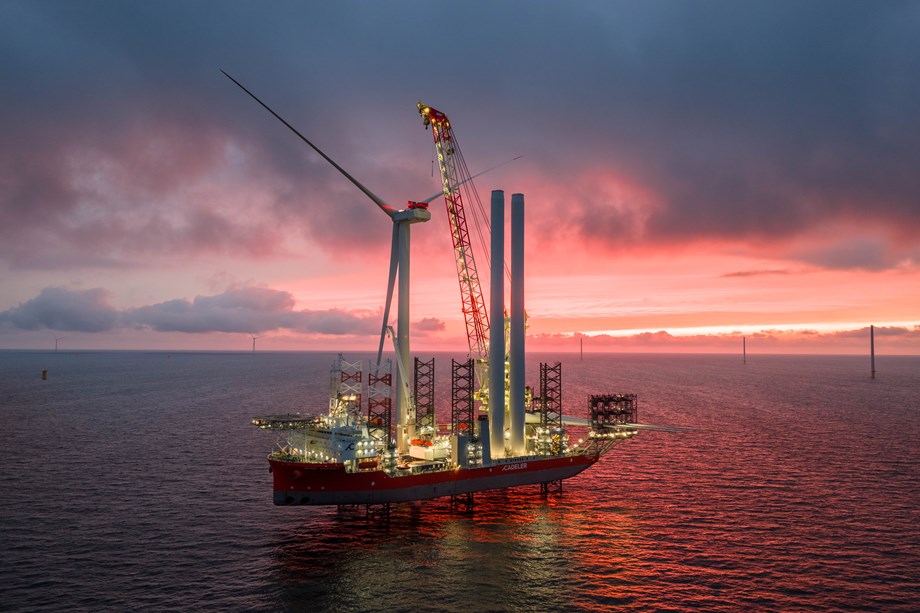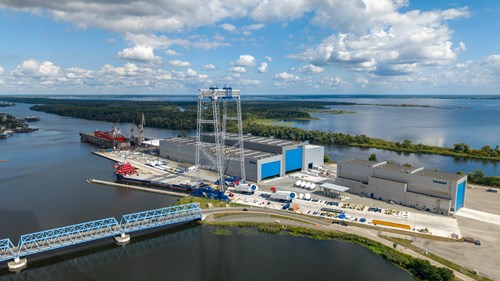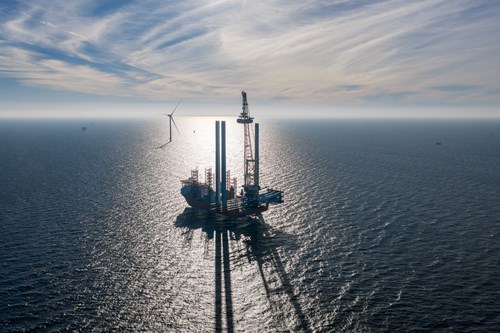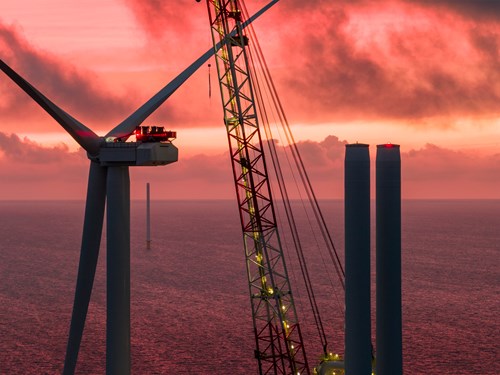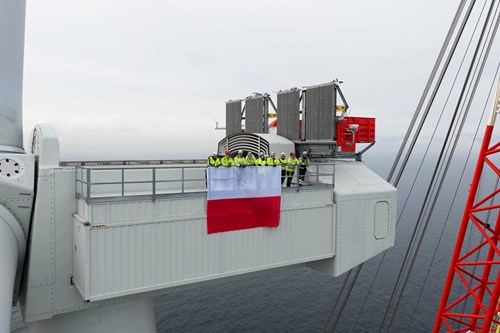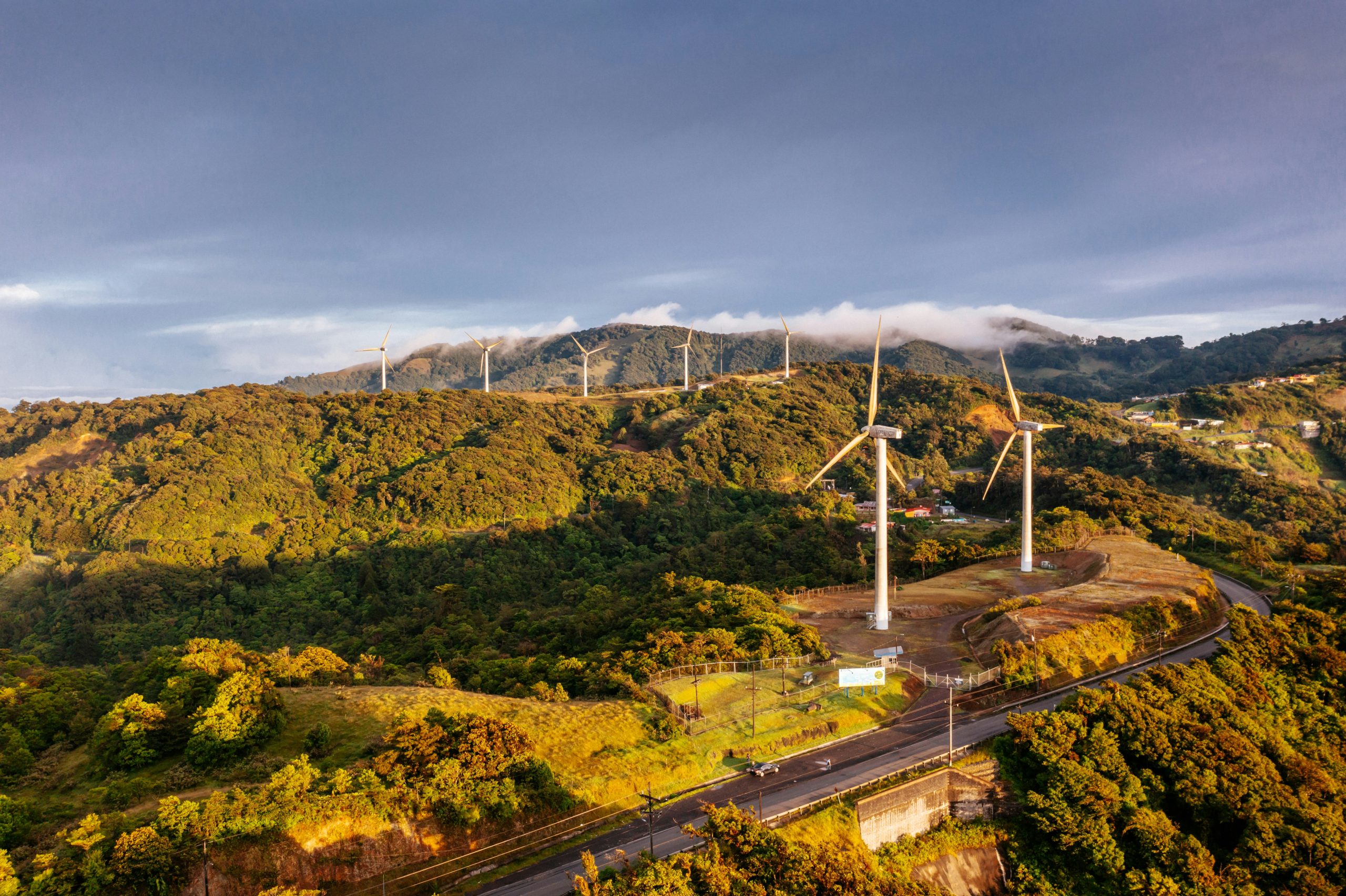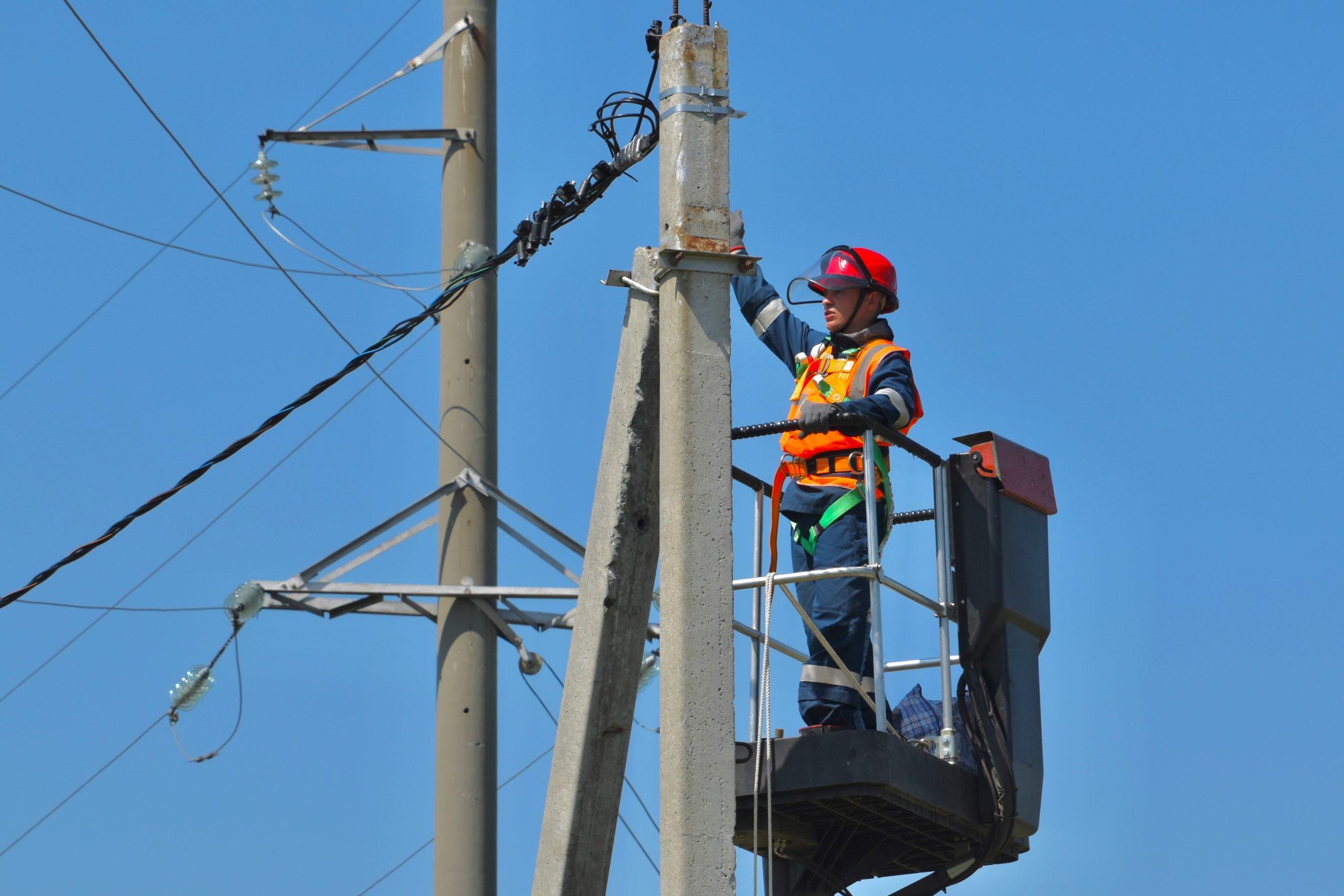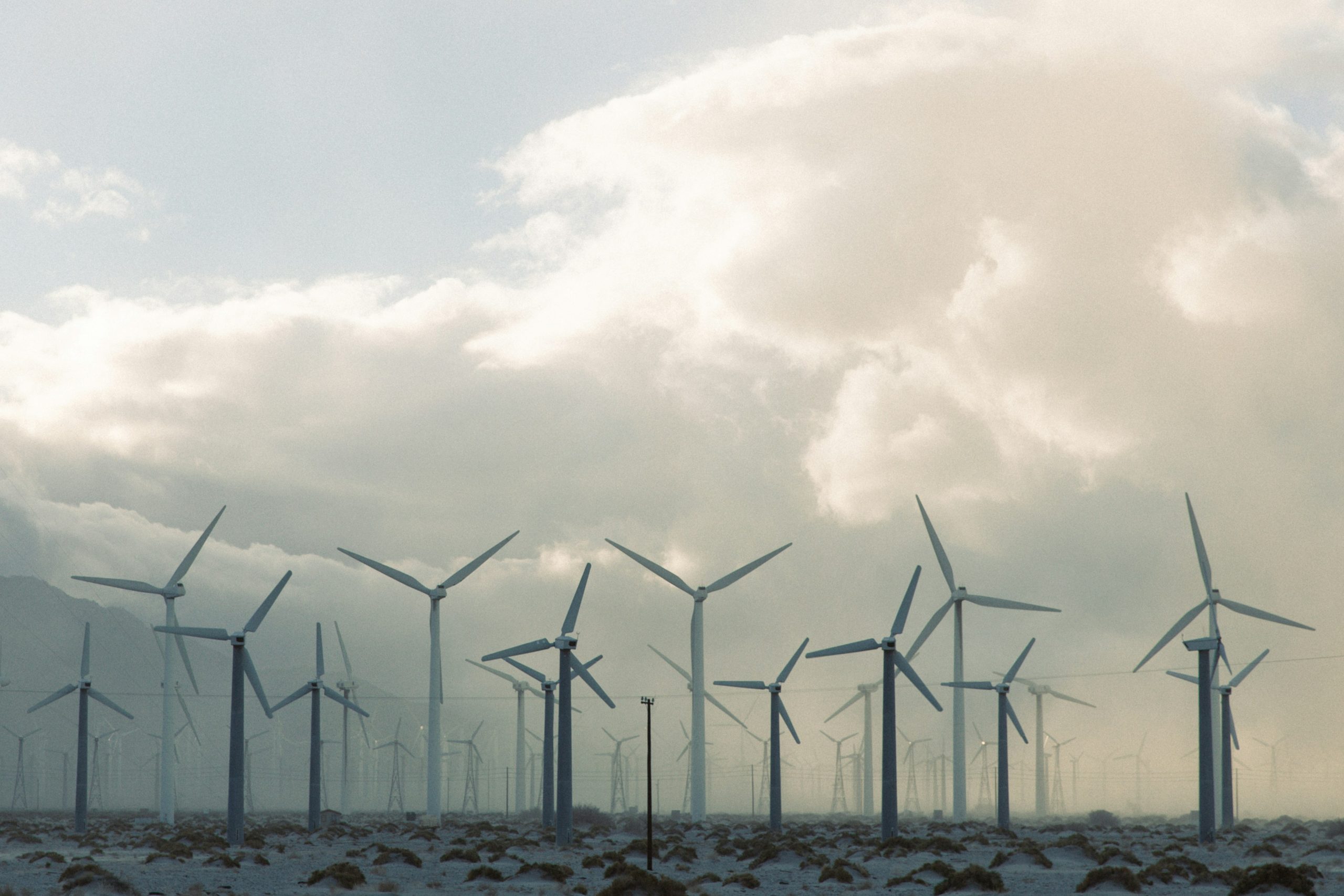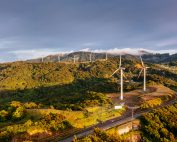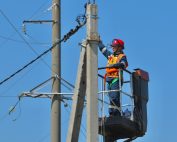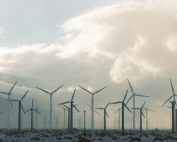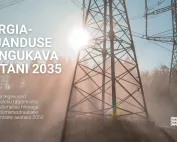Baltic Power, a joint project of the ORLEN Group and Northland Power, has confirmed the installation of the first three 15 MW turbines equipped with nacelles manufactured at the Vestas plant in Szczecin. A total of 76 turbines will be installed, some of which will have nacelles from the factory in Western Pomerania. This achievement is a symbolic moment for the development of local content in offshore wind energy in Poland.
The ongoing installation campaign has reached another milestone – the first nacelles from Vestas’ Polish production facilities have already been installed and are being prepared for testing and commissioning. This demanding logistical operation has become a symbol of the long-term efforts of many stakeholders involved in the development of locally generated value in the offshore wind energy industry. Our team remains fully committed to continuing the installation of the remaining components of the farm at sea and on land, comments Grzegorz Szabliński, President of the Management Board of Baltic Power.
The nacelles for the 15 MW turbines are manufactured in Szczecin at the recently opened plant of Vestas, a global leader in the wind energy industry from Denmark. This is Vestas’ first production plant for the offshore wind industry in Poland, employing over 600 people. Baltic Power is the first commercial customer to install nacelles from the West Pomeranian factory. This milestone strengthens the cooperation between the first Polish offshore wind project and the Danish manufacturer. More than three years ago, Baltic Power chose Vestas as its wind turbine supplier, and Vestas decided to build a nacelle factory for V236-15 MW turbines in Szczecin.
Polish nacelles are a key component of the V236-15 turbine. Inside this structure, which is similar in size to a three-story building, the main devices that convert wind energy into electricity are installed, including a generator, a drive train, control devices, and auxiliary equipment. Outside the nacelle are the hub to which the blades are attached, lighting, and cooling system equipment. The remaining nacelles for the Baltic Power project come from Vestas’ production facilities in Lindo, Denmark.
The installation of wind turbines began in July 2025. The campaign is led by an O-class jack-up vessel from the shipowner Cadeler, supported by crew transport vessels and an SOV vessel.
Each turbine, together with its monopile foundation, is over 250 meters high. The sweep area of its 115.5-meter-long blades is larger than six football fields. Baltic Power is the first project to use recycled steel in the upper parts of some towers, reducing their carbon footprint by approximately 10% compared to traditional production methods.
The successful installation of the first nacelles manufactured in Poland is an excellent example of what can be achieved through effective partnership. At Baltic Power, we are proud to support the development of the Polish offshore wind energy industry by combining international experience with local capabilities. Baltic Power is setting new standards for efficiency, cooperation, and sustainability in the region , says Jens Poulsen, Project Director and Member of the Management Board of Baltic Power.
Baltic Power is the most advanced offshore wind farm project in Poland and the first to have commenced offshore installation. Once completed, the farm will generate up to 4 TWh of electricity per year, which represents 3% of the current national demand (= energy for over 1.5 million households). The farm is located 23 km from the shore, off Choczewo and Łeba, and covers an area of 130 km². Construction of Baltic Power is expected to be completed in 2026.
Nacelles from the Szczecin factory are one of the key components of the farm produced locally in Poland. Many elements of the Baltic Power offshore wind farm, such as the steel structures of the offshore substations (Baltic Industrial Group, ARP), land cables (Tele-Fonika Kable), and transition pieces (Smulders Polska), were manufactured in local plants. Polish companies also carry out environmental studies (Mewo) and provide logistics and transport services. Polish companies are the general contractors for the service base in Łeba (Erbud) and the power station in the municipality of Choczewo (Enprom in a consortium with GE Vernova). The estimated level of local content for the entire lifetime of the farm—from the development phase to the end of the 30-year operating period—is expected to exceed 21%, which is in line with the Sector Deal guidelines for phase I offshore wind farm development projects.
Source: Baltic Power
